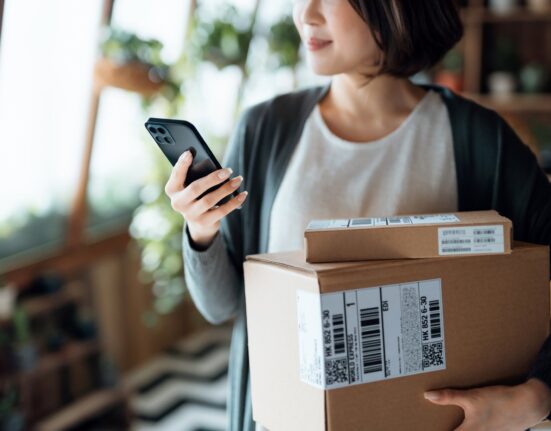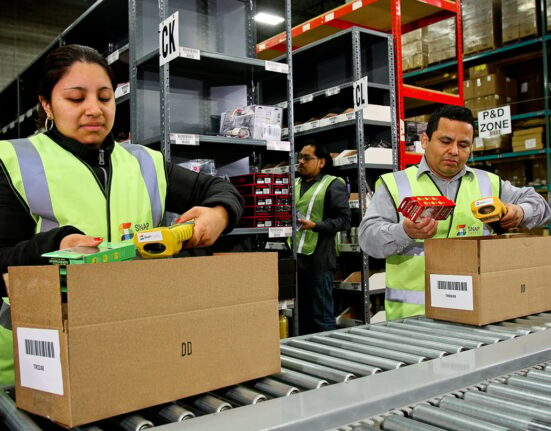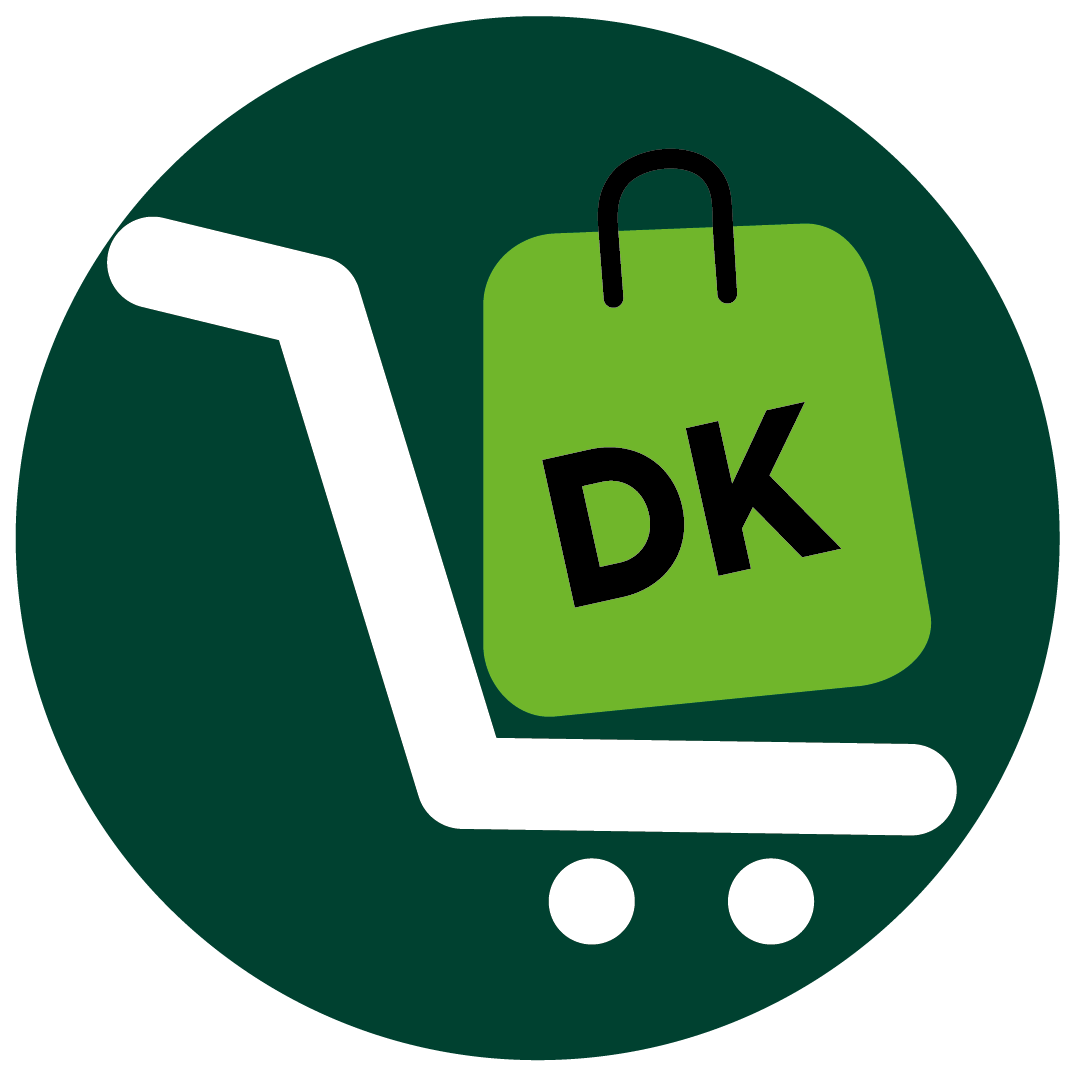Our Verdict

In this comparison between ShipBob and Amazon FBA, you get to decide which fulfillment platform is more suitable to support your business growth. Choose ShipBob if you prioritize lightning-fast and reliable shipping, customizable packaging for remarkable unboxing experiences, and scalable fulfillment solutions just for your business’s growth. ShipBob is your go-to for efficient operations, whether you’re serving direct-to-consumer or B2B orders, expanding globally, or managing multiple sales channels with ease.
On the other hand, Amazon FBA is your ticket to leveraging Amazon’s extensive fulfilment network, Prime shipping benefits, and global reach, especially if you heavily focus on the Amazon platform and want to tap into its extensive customer base. It’s your shortcut to easy order processing, leaving you to put more effort into your product development and customer service while Amazon handles the logistics.
However, if you’re looking for the best option overall, ShipBob edges out Amazon FBA. With ShipBob, you get the best of both worlds: lightning-fast shipping, customizable packaging, scalability, and a comprehensive tech stack for smooth integration across multiple channels. ShipBob empowers your business to thrive in the competitive e-commerce landscape while ensuring top-notch customer experiences every step of the way. So, choose ShipBob for unparalleled fulfillment excellence and watch your business soar to new heights.
Why Choose ShipBob
Who ShipBob Is Best For?
ShipBob is right for you if you:
- Prioritize fast and reliable shipping with 2-day express shipping options.
- Need scalable in-house fulfillment solutions that grow with your business.
- Value creating exceptional unboxing experiences through customizable packaging.
- Seek efficient fulfillment services, whether for direct-to-consumer (DTC) or B2B orders.
- Are expanding globally and need support for shipping to over 200 countries.
- Require an all-in-one fulfillment tech stack, including apps and APIs for easy integration.
- Operate across multiple sales channels and need omnichannel supply chain support.
Who ShipBob Isn’t Best For?
ShipBob is not good for you if you:
- Prioritize lower fulfillment costs over fast shipping options.
- Have very low order volumes and don’t require scalable fulfillment solutions.
- Place no importance on custom packaging or unique unboxing experiences.
- Require no global shipping capabilities or only serve a local market.
- Prefer to manage fulfillment through separate tools rather than an all-in-one solution.
>>> MORE : FedEx Fulfillment Review
Why Choose Amazon FBA
Who Amazon FBA Is Best For
Opt for Amazon FBA if you:
- Want to leverage Amazon’s vast fulfillment network for fast and reliable order processing.
- Are already selling on Amazon and want to offer Prime’s 2-day shipping to customers.
- Aim to expand your business globally and reach customers around the world.
- Prefer to focus on product development and customer service while Amazon handles fulfillment logistics.
- Are a new seller looking for incentives like shipping credits and free storage to kickstart your business.
Who Amazon FBA Is Not Right For
Seek alternatives to Amazon FBA if you:
- Prioritize maintaining full control over your fulfillment process and inventory.
- Have products with very low margins where FBA fees can significantly impact your profitability.
- Require extensive customization or branding on packaging, which FBA usually limits.
- Sell on platforms other than Amazon and don’t benefit from its fulfillment network.
- Prefer to manage your fulfillment operations independently rather than relying on a third-party service like Amazon FBA.
ShipBob vs. Amazon FBA: Main Differences
| ShipBob | Amazon FBA |
Ideal For | Individuals who:
| Individuals who:
|
Pricing |
|
|
Stand Out Features |
|
|
>>> PRO TIPS : ShipBob vs Red Stag Fulfillment
ShipBob vs. Amazon FBA: Standout Features
ShipBob
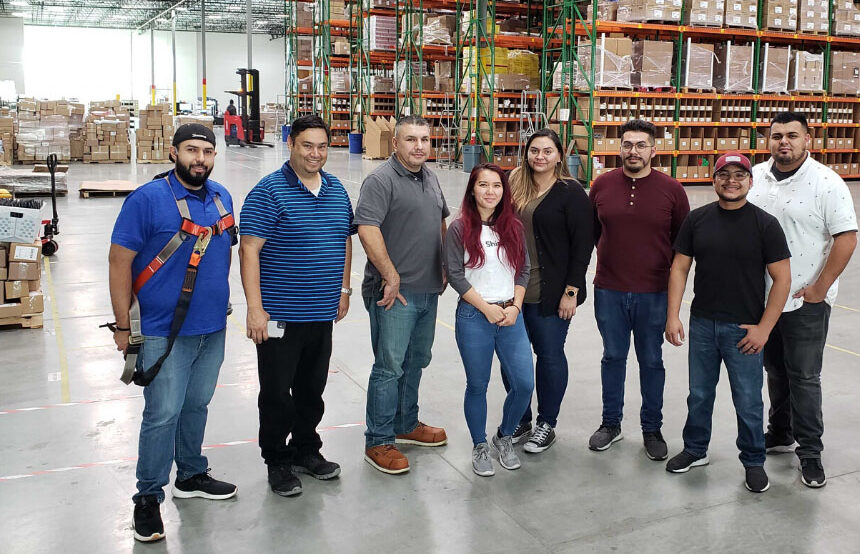
- Offers 2-day shipping which provides quick delivery options to customers, enhancing the shopping experience.
- Provides In-house fulfillment that scales with your business. It offers flexible fulfillment solutions adaptable to the growth of your business.
- Focuses on customization that creates excellent unboxing experiences through special and unique packaging and branding.
- Streamlines outsourced fulfillment, simplifying the process from online store to customer’s door with 3PL services.
- Facilitates global expansion, enabling your brand to scale internationally and reach new markets.
- Offers applications and APIs in a bid to provide an all-in-one fulfillment tech stack for seamless integration and management.
- Supports omnichannel and B2B, enabling omnichannel supply chain management and facilitating retail dropshipping.
- Manages your freight with FreightBob, offering you end-to-end freight management programs for your international shipping needs.
- Provides transparent pricing, allowing your business to easily access pricing information and request quotes.
Amazon FBA
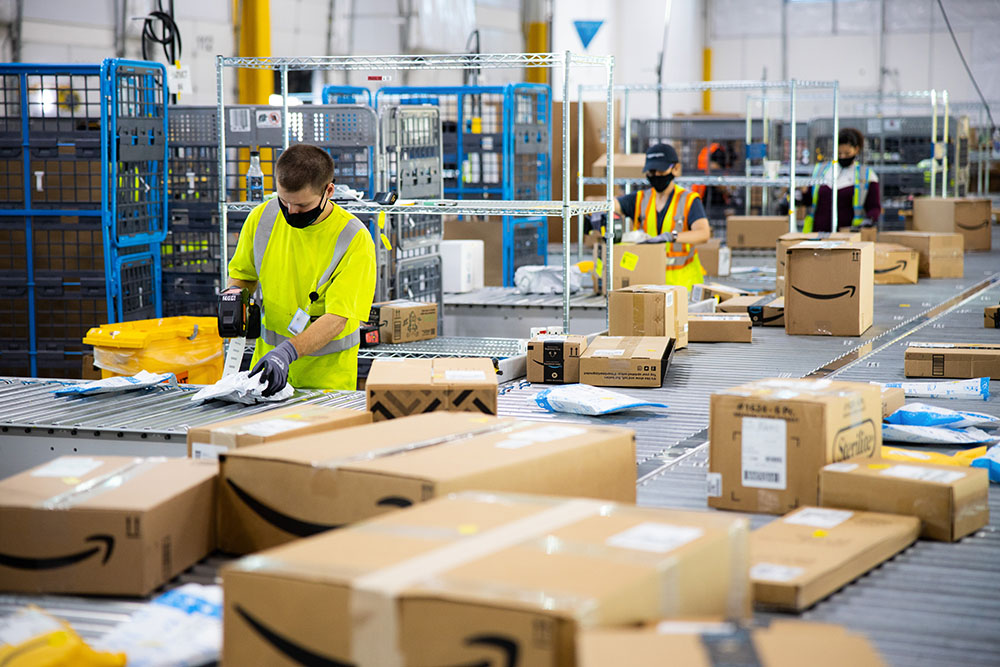
- Offers you cost-effective fulfilment, providing shipping at lower costs compared to major U.S. carriers, potentially increasing your profit margins.
- Enhances your sales with Prime, utilizing Prime’s two-day shipping to improve your sales and encourage repeat purchases with your customers.
- Facilitates global reach, using a vast network of fulfilment centers worldwide to reach your customers worldwide.
- Simplifies operations, allowing your business to focus on product development and customer satisfaction while Amazon handles your fulfillment tasks.
- Provides seller incentives, offering new seller incentives such as shipping credits and free storage to support your business growth.
- Supports custom packaging, enabling your business to use custom packaging, reducing fulfillment costs and environmental impact.
- Offers inventory management tools, providing you with tools for listing products, creating shipping plans, and managing inventory effectively.
- Includes revenue calculator, allowing you to estimate FBA costs and compare with other fulfillment methods for proper decision-making.
Pros and Cons of ShipBob

- Pros
- Offers customization options for packaging, enhancing brand identity and customer experience.
- Facilitates global expansion with shipping to over 200 countries, offering standard and expedited options.
- Simplifies the fulfillment process from online stores to customers’ doors, handling picking, packing, and shipping.
- Provides real-time inventory tracking across warehouses, ensuring efficient stock monitoring and reordering.
- Offers existing integrations and developer-friendly APIs for seamless integration with various e-commerce platforms.
- Cons
- Is hardly suitable for businesses that need a larger network of fulfillment centers for extensive coverage.
Pros and Cons of Amazon FBA
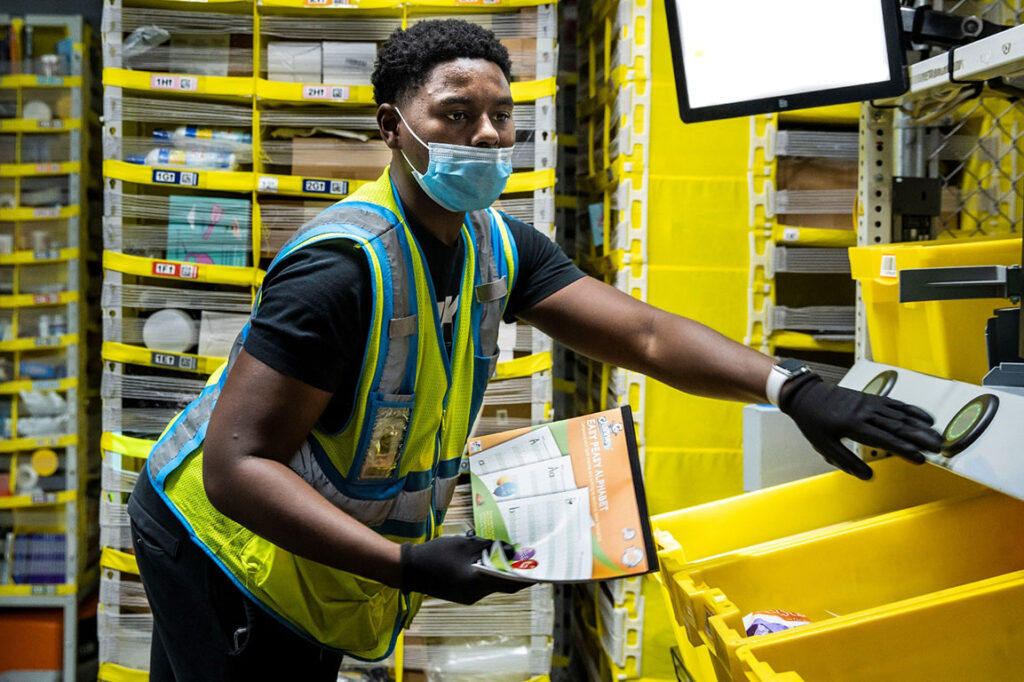
- Pros
- Leverages Amazon’s extensive network of fulfillment centers worldwide, enabling global reach and fast shipping.
- Offers competitive fulfillment costs, potentially reducing overall operational expenses for businesses.
- Allows you to offer Prime shipping to customers, enhancing your product’s attractiveness and increasing sales.
- Provides tools for inventory management, simplifying your stock tracking and replenishment processes.
- Increases brand exposure and trust with your customers, leveraging Amazon’s reputation.
- Cons
- Restricts customization options for packaging, limiting opportunities to create unique unboxing experiences.
- Creates dependency on Amazon’s platform, reducing control over the fulfillment process.
- Exposes your business to high competition within the platform, requiring strategic positioning to stand out.
- Charges you various fees, including fulfillment and storage fees, which can affect your profit margins as a seller.
- Restricts the types of products that you can sell, potentially limiting business opportunities.
>>> GET SMARTER : Deliverr Fulfillment Review
ShipBob vs. Amazon FBA: Customer Reviews
On Trustpilot, ShipBob gets a 4.3 score out of 5 from 710 reviews. Customers praise its support, with particular appreciation for responsive account managers. Positive comments highlight transparency, scalability, and simple operations. However, some express dissatisfaction with occasional mishaps in handling inventory and shipping issues. Despite this, many commend ShipBob for its reliability, global fulfillment capabilities, and commitment to improvement. Overall, it receives applauds as a dependable 3PL solution with a focus on customer satisfaction.
On Quora, Amazon FBA receives good remarks for its profitability and opportunities for sellers. Users emphasize its potential for success through the adept use of algorithms and market insights. Private label selling is quite favorable for its control over branding, despite requiring significant effort. While some caution against high competition and thin profit margins, others praise its accessibility and potential for substantial earnings, especially when you make use of professional tools.
ShipBob and Amazon FBA Competitors
Red Stag Fulfillment: Red Stag Fulfillment stands out for its specialization in handling oversized and heavy items, making it an ideal choice for your business especially if you have unique product requirements. Moreover, its zero-shrinkage guarantee ensures maximum security for inventory, addressing concerns about theft or damage.
Fulfillment by Sears (FBS): FBS offers fulfillment services not only for Sears but also for third-party sellers, making it advantageous for you if you seek additional sales channels for your business or already associate with the Sears brand. Leveraging the existing Sears brand can enhance credibility and attract customers.
FedEx Fulfillment: FedEx Fulfillment offers a comprehensive solution covering warehousing, packaging, fulfillment, and reverse logistics, and is suitable for your business if you desire a simple and easy supply chain experience. With its global recognition, your businesses can benefit from the FedEx brand with more trust and improved customer satisfaction.
Shipwire: Shipwire’s strength lies in its global warehouse network, which facilitates robust logistics and fulfillment services for your business if you operate internationally or carry out cross-border sales. Additionally, its scalability and customization options empower you to fit the fulfillment processes according to your business’s unique needs.
Pro Tips
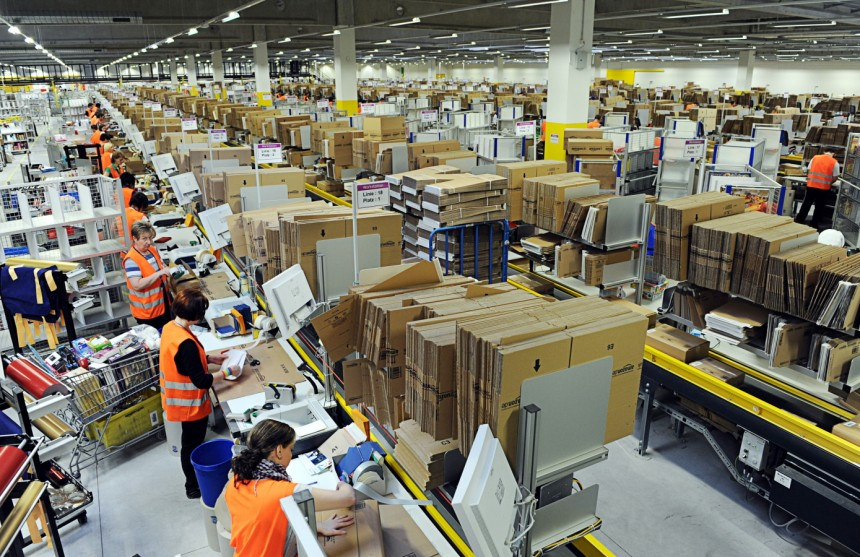
- Assess Your Product Needs: Choose a fulfillment provider that specializes in handling items similar to yours, which can be oversized or fragile products.
- Evaluate Scalability: Look for providers with flexible storage options, efficient order processing systems, and the ability to adapt to increasing order volumes.
- Review Customer Experience: Make sure you prioritize customer satisfaction. Select a fulfillment partner that prioritizes fast and reliable shipping, customizable packaging, and efficient order fulfillment processes.
- Assess Global Reach: If you have aspirations for international expansion, opt for a fulfillment provider with global shipping capabilities and a network of international fulfillment centers.
- Integration and Technology: Choose providers with robust APIs and compatibility with popular platforms like Shopify, WooCommerce, and QuickBooks for effective operations.
- Consider Cost vs. Value: While pricing is important, prioritize value over solely focusing on the lowest cost.
- Check Reviews and Testimonials: Research customer reviews, testimonials, and case studies to gauge the experiences of other businesses with each fulfillment provider.
- Seek Transparency and Communication: Opt for fulfillment partners that prioritize transparency in pricing, processes, and communication.
- Assess Additional Services: Consider additional value-added services each fulfillment providers offers, such as returns processing, inventory management, kitting and assembly, and custom fulfillment solutions.
- Request Quotes and Demos: Use this opportunity to ask questions, clarify expectations, and ensure alignment between your business goals and the services each provider makes available.
Recap
Compare and select the best fulfillment solution for your business needs. ShipBob offers you fast shipping, scalability, and customizable packaging. It’s ideal for expanding globally and managing omnichannel sales. Amazon FBA ensures your quick order processing and Prime benefits, perfect for leveraging Amazon’s vast customer base.
Explore alternatives like Red Stag for handling heavy items or FBS for Sears integration. Also, alternatives like FedEx offer end-to-end solutions, and Shipwire caters to global operations. Choose wisely based on your priorities and business goals to improve your efficiency in fulfilment services and ultimately customer satisfaction.











